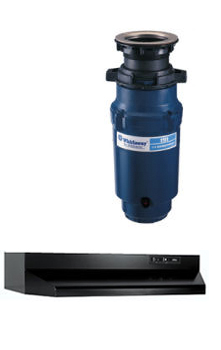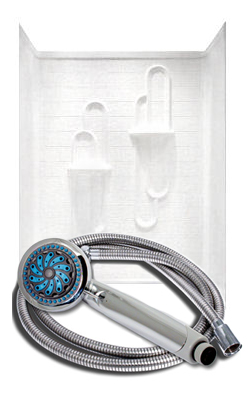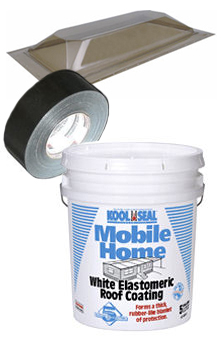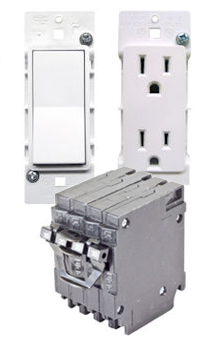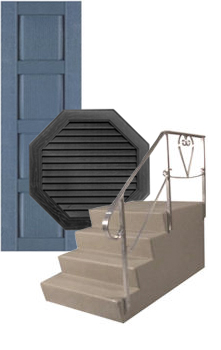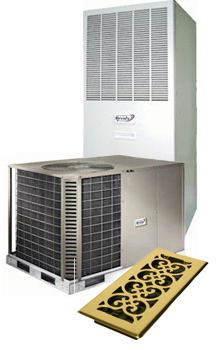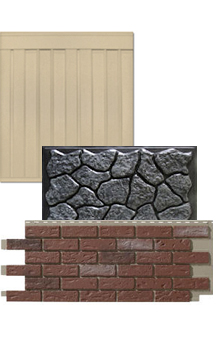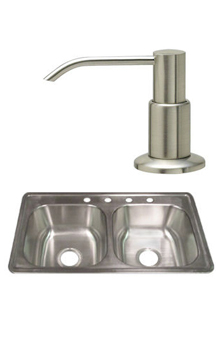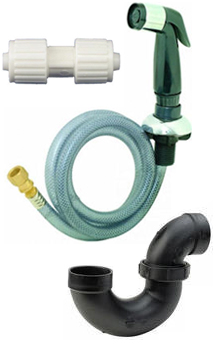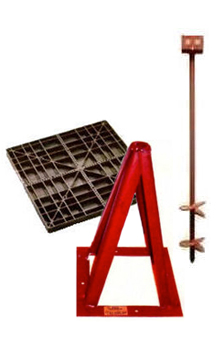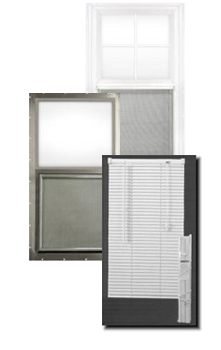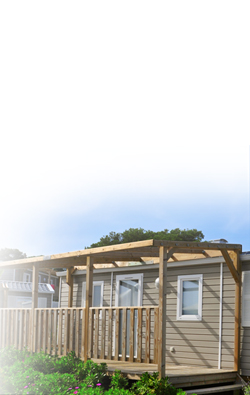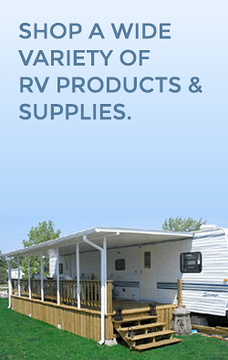
The real estate market has really taken off in the past few years. Buyers are dealing with housing shortages and high prices all over the country, while sellers are making big profits from selling their site-built and mobile homes.
With their affordability, flexibility, and potential for appreciation, mobile homes are attracting a growing number of prospective homeowners. But are they truly a good investment in 2024? This article will look at the advantages and disadvantages of mobile homes and help you decide if a mobile home is right for you.
Mobile vs. Manufactured Homes
Before exploring the investment potential of mobile homes, it’s important to understand the differences between mobile and manufactured homes. While both are factory-built, they have some key distinctions.
Mobile Homes
Before 1976, mobile homes were mass-produced to meet the high demand for affordable, movable housing after World War II. However, there wasn’t much oversight regarding building standards and materials. These early mobile homes often looked like campers or trailers, with exposed trailer couplers and wheels for mobility. They were typically built on steel I-beams running the length of the house and could be set up on concrete blocks, wooden blocks, metal piers, or a concrete foundation.
Manufactured Homes
Manufactured homes are very different from the mobile homes built before June 15, 1976, both in construction and design. These homes are built using quality materials in climate-controlled facilities and according to the Housing and Urban Development (HUD) Code.
Manufactured homes come in three sizes: single, double, and triple sections, ranging from under 1,000 square feet to over 2,000 square feet. Depending on their size, they are transported to the site in one piece or several pieces.
Similar to mobile homes, manufactured homes are affixed to a permanent chassis, which is a metal frame that can be attached to wheels. The chassis cannot be removed, but the wheels can be removed or covered.
Advantages of Owning a Mobile Home
Owning a mobile home comes with several benefits. Here’s a rundown:
Affordability

Mobile homes provide a more affordable housing option, helping families achieve their dream of homeownership. They typically offer more space for the money compared to traditional stick-built homes. Prices vary based on size, age, location, and type. For example, according to the U.S. Census Bureau, the average price of a new mobile home was $125,000 in April 2023. But remember, the actual prices depend on various factors, including installation, land costs, and utility connections.
Appreciation Potential
Contrary to common belief, manufactured homes can appreciate over time. Factors like location, market, and home condition contribute to this. Around 63% of new mobile homes are placed on land owned by the buyer, allowing them to be classified as real property. Once classified as such, they can be sold through a Realtor like traditional homes.
Studies show that permanently installed mobile homes have the potential to appreciate similarly to site-built homes. For instance, data from a U.S. Census Bureau report, as cited by Lending Tree, indicated that the median value of mobile homes increased by 39% between 2014 and 2019, outpacing the 33% increase in the median value of single-family homes during the same period.
Quick Returns on Investment
Mobile homes can offer a faster return on investment, especially if you decide to rent out the property. Offering a mobile home warranty to tenants can make your property more attractive and spare you from costly repairs.
Lower Maintenance Costs
Well-constructed manufactured homes meet strict HUD code requirements, making them sturdy and durable. Due to their smaller size, they also typically require fewer maintenance demands, leading to lower ongoing repair and maintenance expenses.
Tax Benefits
In some states, mobile homes are classified as personal property rather than real property- giving an appealing tax structure compared to site-built homes. Some states require annual taxes and fees similar to those required for vehicles.
However, suppose your mobile home is permanently affixed to land that you own. In that case, it may be taxed similarly to a conventional home.
Location Flexibility
Mobile homes offer the advantage of mobility, although few are actually moved once installed. This flexibility provides peace of mind, knowing your home can be relocated if necessary.
The Drawbacks of Mobile Homes
While mobile and manufactured homes have their advantages, it’s important to consider their drawbacks. Here are some key disadvantages:
Resale Challenges
Historically, reselling a mobile home has been challenging, especially within a mobile home park. However, current trends show that homes of all types are selling quickly and at good prices in today’s real estate market.
Financing Difficulties
Securing financing for mobile homes can be tricky. Buyers often have to resort to chattel loans, which come with higher interest rates and fewer protections compared to traditional mortgages. For more details, refer to the Urban Institute’s PDF on the topic.
Park Regulations
Similar to homeowners’ associations (HOAs), mobile homes in rental communities may be subject to park regulations. These regulations can cover aspects like home placement, exterior modifications, and rental agreements.
How Long Do Mobile Homes Last?
Despite what some might think, today’s mobile homes are designed to endure. These homes are more durable than ever due to better building methods and materials. With regular care and attention, a well-made mobile home can last for many years. Simple tasks like checking the roof and plumbing and keeping up with exterior maintenance can go a long way in preserving your home’s lifespan.
So, Are Mobile Homes a Good Investment?

Whether mobile homes make a good investment depends on your specific circumstances and goals. With rising demand, affordability, and potential for appreciation, mobile homes offer an alternative path to building wealth in real estate. Just make sure you do your research and know what to look for in pre-owned or new homes.
Thorough research, market trend analysis, and strategic location choices are vital for maximizing returns. Whether you’re experienced or new to home buying, exploring mobile homes can offer lucrative opportunities in today’s housing market. Over 20 million Americans, about 5.6 percent of the population, live in mobile homes, a number steadily increasing due to their affordability compared to traditional residences, as reported by USA Today.
At Mobile Home Parts Store, we’re big fans of mobile homes because they’re affordable, making homeownership achievable for families. And owning a home? That’s pretty awesome!
Tags: manufactured home, mobile home


